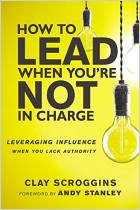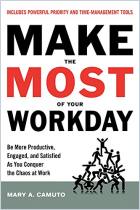
On the Edge and In Control
A Proven 8-Step Program for Taking Charge of Your Life
Read or listen offline
Amazon KindleRecommendation
Deborah Bright describes an eight-step program for gaining more control over your life, both every day and in the long term. She discusses becoming more aware of your level of control, and assuming more responsibility for your own direction. She advocates being a “pro-achiever,” with a positive “take control” attitude. Although the book’s strength resides in stories drawn from personal interviews, the basic principles are very familiar in success and self-help literature. Bright coins some new phrases, but her advice is not new. However, the self-help audience always seems to welcome a new look at these ideas, restated and repackaged in different ways. getAbstract recommends this book to those who want an extra boost in exerting control over their lives, to readers who like strong personal anecdotes, and to beleaguered junior execs who have not yet consulted a basic life management text.
Summary
About the Author
Dr. Deborah Bright, author of the best-selling book Creative Relaxation, coaches professionals from all fields on how to thrive in today’s high-energy offices and two-career households. She is a former Olympic diver who has consulted with professional tennis and baseball players, and golfers. She has been quoted frequently in The Wall Street Journal, Fortune, Cosmopolitan, and USA Today.
















Comment on this summary